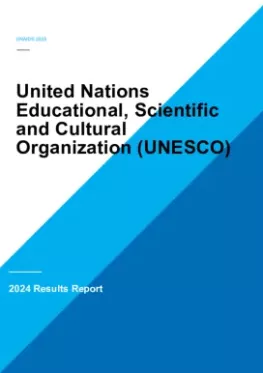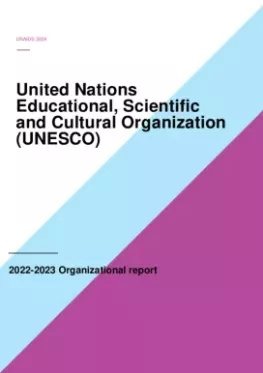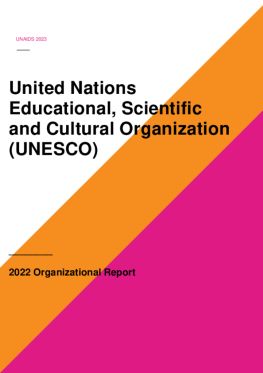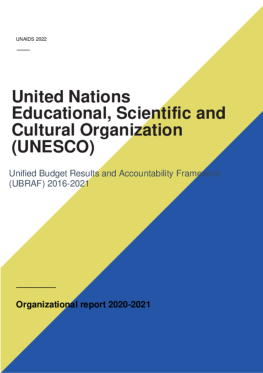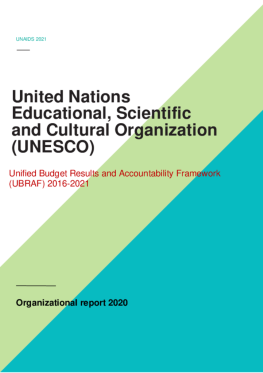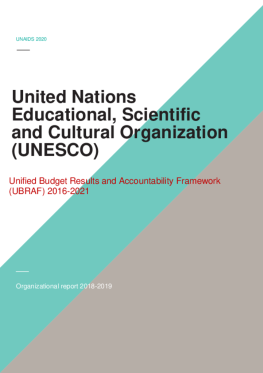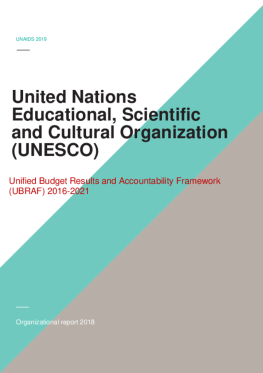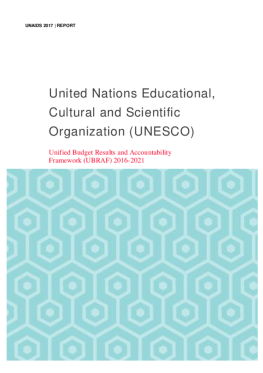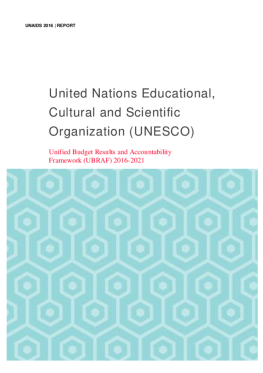UNESCO uses its comparative advantage with the education sector to support Member States to advance young people’s health and well-being.
Efforts to support HIV prevention for young people are guided by the UNESCO's Strategy on Education for Health and Well-being, launched in 2022. The Strategy emphasizes building stronger, more resilient school health systems that promote learners’ physical and mental health and well-being, as well as HIV and reproductive health, while focusing on CSE and on ending violence and discrimination. It addresses the mutually reinforcing intersections of SDGs 3 (Health), 4 (Education) and 5 (Gender equality). In 2024, UNESCO assumed the role of Chair of the Committee of Cosponsoring Organizations.
Efforts for global HIV prevention continue through support for delivery of in-school CSE programmes around the world, using the International Technical Guidance on Sexuality Education as the principal guiding framework for curricula, policy and advocacy. UNESCO is the co-convener of the UNAIDS division of labour area on young people, along with UNICEF and UNFPA. UNESCO’s work also directly contributes to the success of the Education Plus initiative, which aims to strengthen the education and empowerment of adolescent girls and young women in Africa.
For information on UNESCO's results, please see the 2024 downloadable report below.


